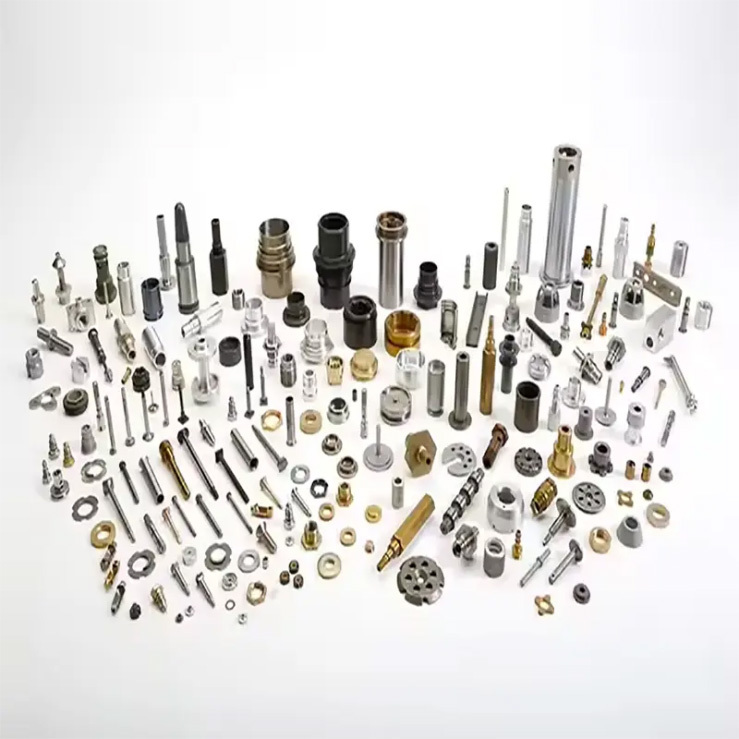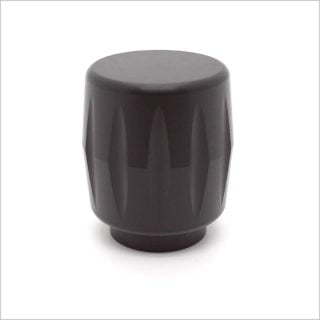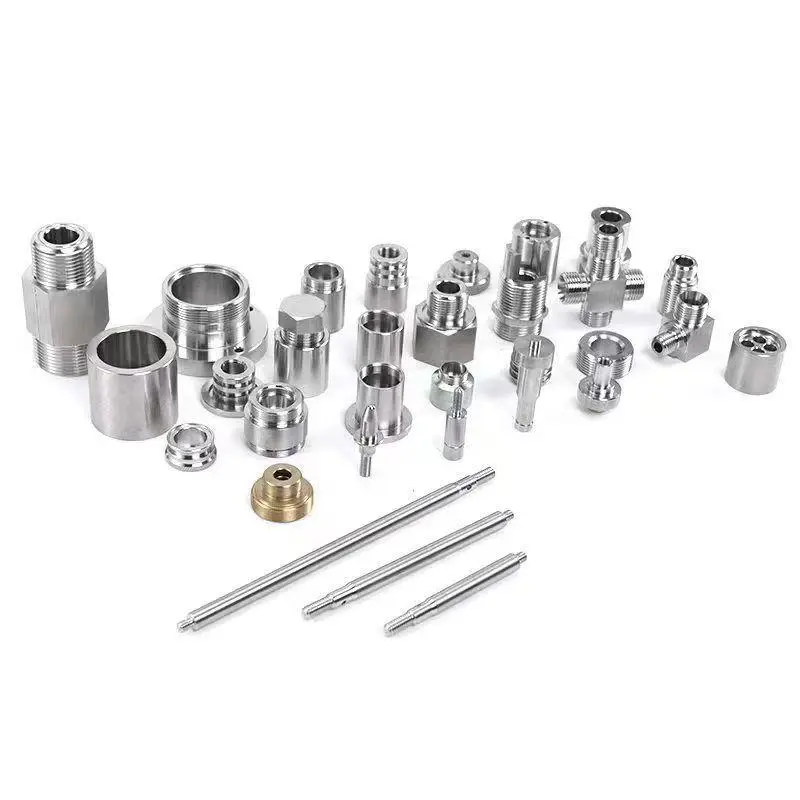The Essential Guide to Machined Parts: Understanding Their Role in Manufacturing
Published Time:
2025-09-27
In the world of manufacturing, machined parts play a crucial role in a broad spectrum of applications. These components are created through precision machining processes, which involve removing material from a workpiece to achieve desired shapes and dimensions. Common methods include turning, milling, drilling, and grinding. Each of these processes contributes to the production of parts with high dimensional accuracy and smooth surface finishes, making them essential for various mechanical assemblies.
Machined parts can be made from a variety of materials, including metals, plastics, and composites. The choice of material often depends on the intended use of the part. For instance, aluminum and steel are popular choices for parts requiring strength and durability, while plastics might be chosen for applications needing lightweight components. Understanding material properties is critical in ensuring that the machined parts will perform effectively in their intended environments.
The applications of machined parts are virtually limitless. They are commonly found in automotive, aerospace, electronics, and medical industries, among others. For example, in the automotive sector, machined components are vital for engine assemblies, transmission systems, and suspension systems, where precision and reliability are paramount. In aerospace, they play a significant role in ensuring the safety and performance of aircraft by contributing to critical structural and functional elements.
Moreover, the importance of machined parts extends to the overall efficiency of manufacturing processes. By utilizing advanced machining technologies, manufacturers can produce parts that not only meet rigorous tolerances but also enable faster production cycles and reduced waste. This emphasis on efficiency is increasingly relevant in today's competitive market, where companies strive to improve their operational workflows and meet consumer demand.
As technology continues to evolve, so does the machining industry. Innovations such as computer numerical control (CNC) machining have revolutionized the way machined parts are produced. CNC machines allow for greater automation and precision, enabling manufacturers to produce complex geometries that would be difficult or impossible to achieve with traditional methods. The integration of software also aids in optimizing machining operations, leading to improved productivity and quality control.
In conclusion, machined parts are an integral part of modern manufacturing, providing essential components for a wide range of industries. Their precision and adaptability make them indispensable in creating high-quality products. As advancements in machining technologies continue to emerge, the future of machined parts looks promising, paving the way for enhanced efficiency and innovation in manufacturing processes. Understanding their significance can help businesses make informed decisions about production and design, ultimately leading to better outcomes in their respective fields.
Machined parts can be made from a variety of materials, including metals, plastics, and composites. The choice of material often depends on the intended use of the part. For instance, aluminum and steel are popular choices for parts requiring strength and durability, while plastics might be chosen for applications needing lightweight components. Understanding material properties is critical in ensuring that the machined parts will perform effectively in their intended environments.
The applications of machined parts are virtually limitless. They are commonly found in automotive, aerospace, electronics, and medical industries, among others. For example, in the automotive sector, machined components are vital for engine assemblies, transmission systems, and suspension systems, where precision and reliability are paramount. In aerospace, they play a significant role in ensuring the safety and performance of aircraft by contributing to critical structural and functional elements.
Moreover, the importance of machined parts extends to the overall efficiency of manufacturing processes. By utilizing advanced machining technologies, manufacturers can produce parts that not only meet rigorous tolerances but also enable faster production cycles and reduced waste. This emphasis on efficiency is increasingly relevant in today's competitive market, where companies strive to improve their operational workflows and meet consumer demand.
As technology continues to evolve, so does the machining industry. Innovations such as computer numerical control (CNC) machining have revolutionized the way machined parts are produced. CNC machines allow for greater automation and precision, enabling manufacturers to produce complex geometries that would be difficult or impossible to achieve with traditional methods. The integration of software also aids in optimizing machining operations, leading to improved productivity and quality control.
In conclusion, machined parts are an integral part of modern manufacturing, providing essential components for a wide range of industries. Their precision and adaptability make them indispensable in creating high-quality products. As advancements in machining technologies continue to emerge, the future of machined parts looks promising, paving the way for enhanced efficiency and innovation in manufacturing processes. Understanding their significance can help businesses make informed decisions about production and design, ultimately leading to better outcomes in their respective fields.
Previous Page
Previous Page
NewsCenter
Beijing Pafinal Precision Machinery Co., Ltd.
Email:sales@pafinal.com

Address: No. 239 Huanhe South Road, Tianjin Pilot Free Trade Zone (Airport Economic Zone), Tianjin
中企跨境-全域组件
制作前进入CSS配置样式
sales@pafinal.com:
Whatsapp:
在线客服添加返回顶部
图片alt标题设置: PAFINAL
表单验证提示文本: Content cannot be empty!
循环体没有内容时: Sorry,no matching items were found.
CSS / JS 文件放置地




 2025-09-27
2025-09-27


